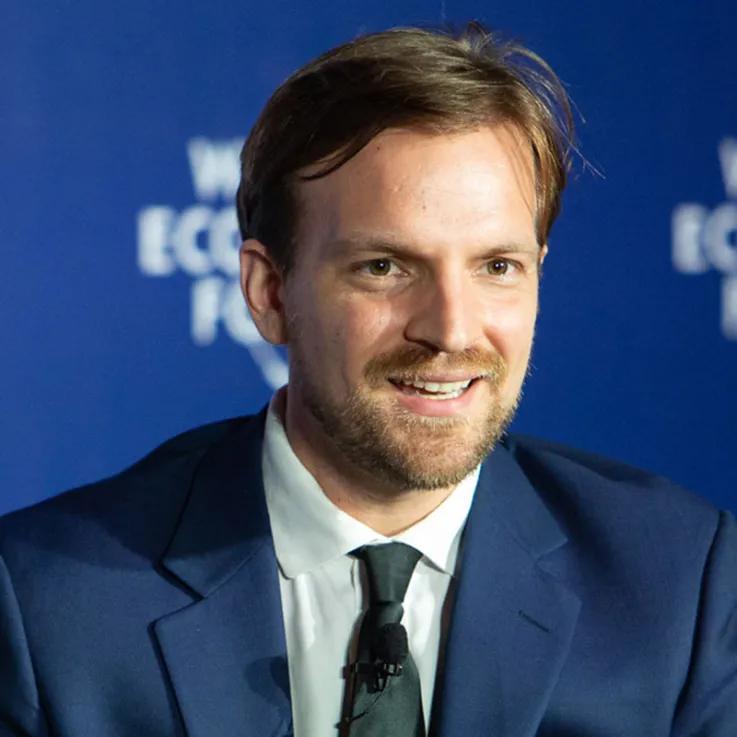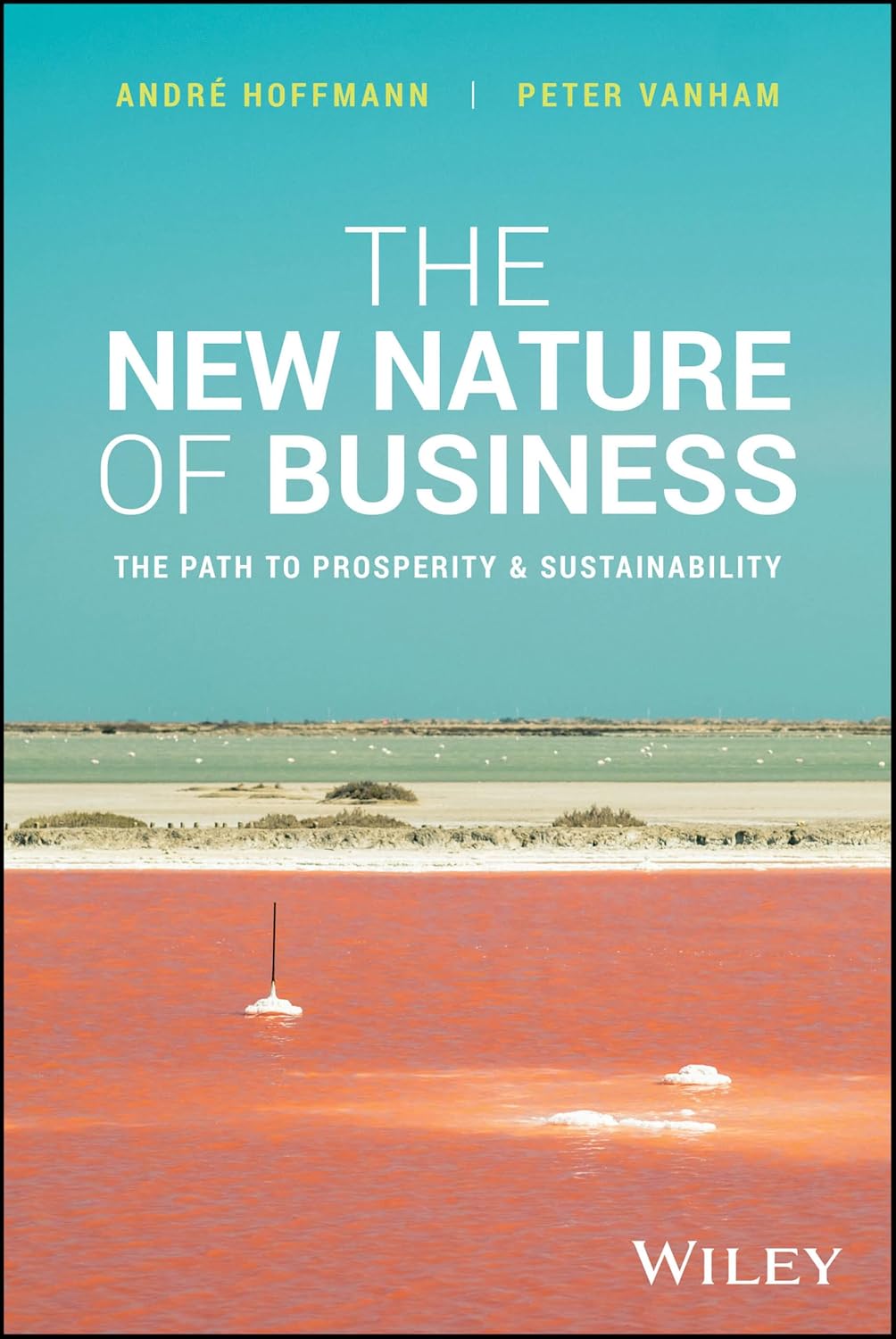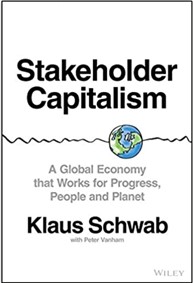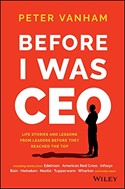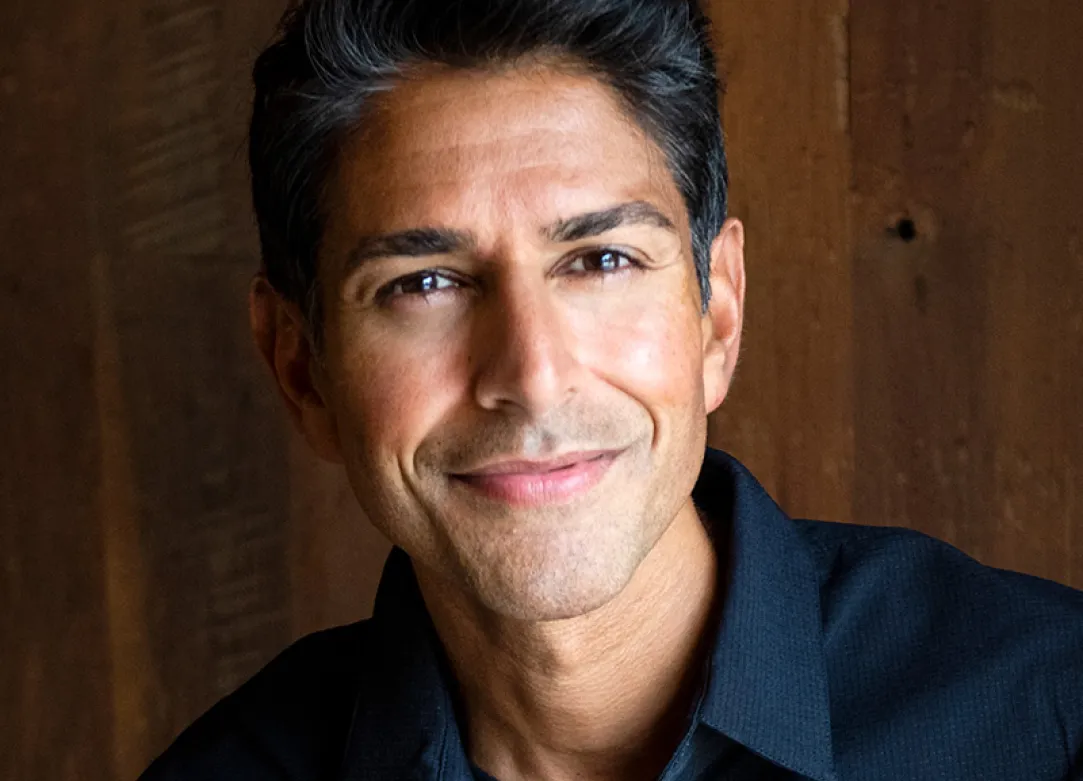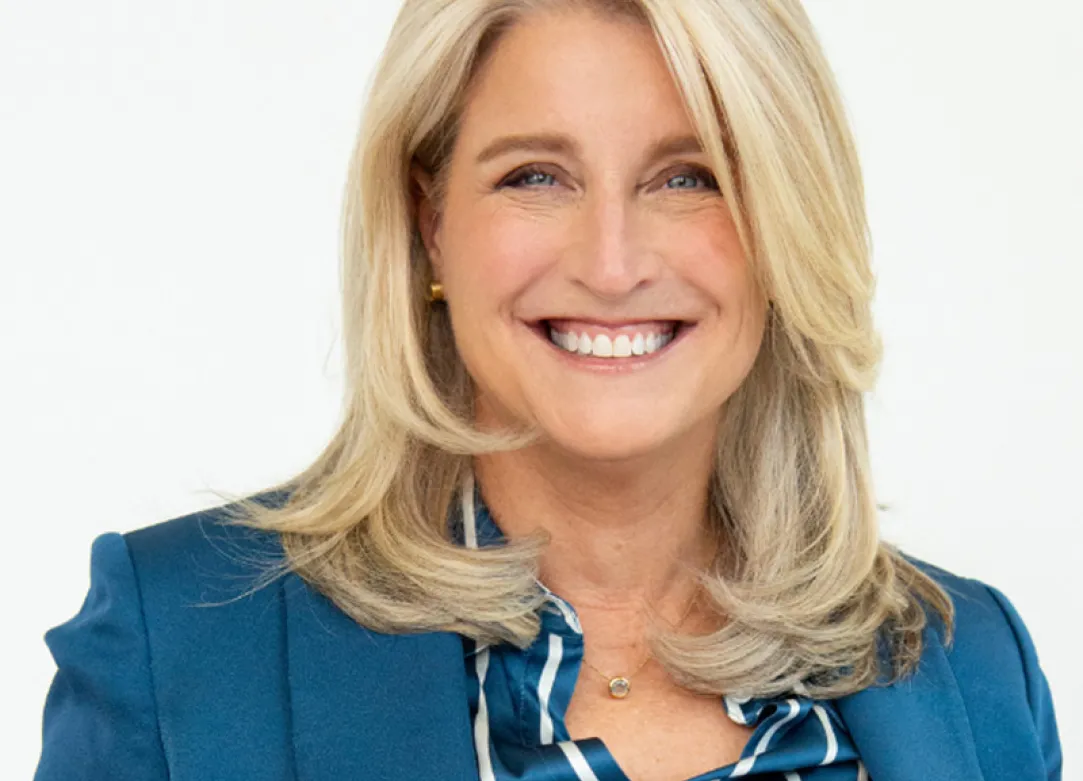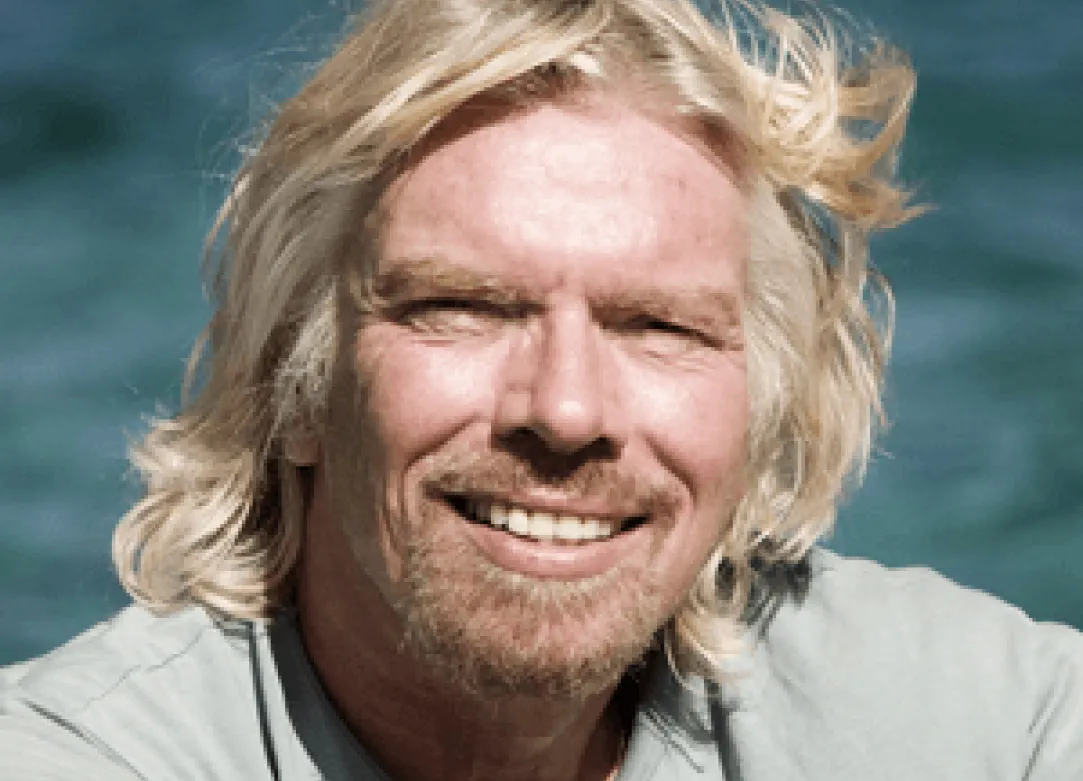Peter Vanham is an author and business journalist, based in Geneva, Switzerland. He writes about the global economy and the people who help shape it, contributing stories to Financial Times, Business Insider, Quartz, and World Economic Forum Agenda. Peter has been working for the World Economic Forum since 2014. He has been US Media Lead, Lead Writer, and most recently Head of Chairman's Communications and the International Media Council, his current function.
As Head of the International Media Council of the World Economic Forum, Peter brings together the editors-in-chief of the world’s leading media (from the Wall Street Journal over Financial Times to Caixin) for discussions on the industry and conversations with world leaders, which have included UN Secretary General Antonio Gutterres, EU Commission President Ursula von der Leyen, and Pakistan Prime Minister Imram Khan.
As Head of Communications for Chairman Klaus Schwab, Peter aids the Chairman in communicating his views on “stakeholder capitalism” and other topics of interest. His op-eds have appeared in Time, Fortune, Foreign Affairs, Foreign Policy, Project Syndicate and 30+ other media. His interviews have appeared in FT, New York Times, Wall Street Journal, Die Welt, Le Figaro, NZZ, Reuters, Bloomberg and others. He also acts as Head Writer of the World Economic Forum, and has helped define their views on “Globalization 4.0” through a series of articles on our Agenda website.
His latest book, "Stakeholder Capitalism", explores how to build a global economy that works for progress, people and planet. It includes original reporting from countries such as Singapore, Denmark, Indonesia and China, and interviews with dozens of economists and global business leaders.
His first book, "Before I Was CEO", about the life stories and lessons from leaders before they made it to the top, was published with Wiley in the US, with Nha Nam in Vietnam, and Kobo. It features the stories of 20 global leaders, including the CEOs of Heineken, Nestle, Tupperware, the Chairmen of Bain & Company and AT Kearney, and the deans of Wharton and London Business School.
